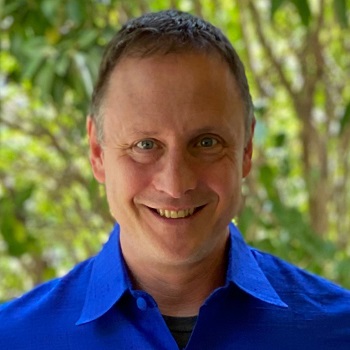
Michael Silver is a professor in the School of Optometry and the Helen Wills Neuroscience Institute at UC Berkeley. Research in the Silver laboratory is focused on the brain mechanisms of visual perception, attention, and learning. His team seeks to better understand how the brain actively constructs representations of the visual environment, using a combination of perceptual, brain imaging, computational modeling, and pharmacological techniques. Although Michael has been conducting pharmacological studies in humans for 15 years, the initial studies as part of the UC Berkeley Center for the Science of Psychedelics (BCSP) will be the first in his lab to involve psychedelic compounds. Following decades of suppression of research on the effects of psychedelic drugs in human subjects, he is thrilled to have the opportunity to contribute to the renaissance of psychedelic research and to conduct experiments that shine light on the mysteries of the mind and brain. Michael will direct the BCSP.
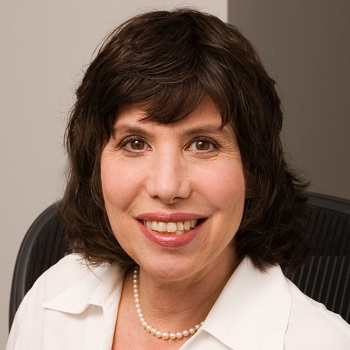
Alison Gopnik is a professor of psychology and affiliate professor of philosophy at the University of California at Berkeley, as well as a member of the Berkeley Artificial Intelligence Research group. She is an internationally recognized leader in cognitive science and has a particular interest in learning and plasticity, exploration, flexibility, and imagination – abilities that are particularly relevant to the study of psychedelic experience. She is the author or coauthor of over 120 journal articles and several books and has written widely about cognitive science and psychology for the popular press. At the BCSP, Alison will study how psychedelics may influence behavior on cognitive measures of flexibility, creativity and exploration.
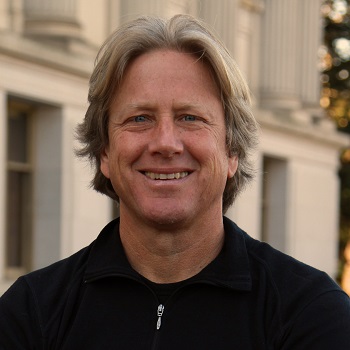
Dacher Keltner is a professor of Psychology at UC Berkeley and faculty director of the Greater Good Science Center. His research focuses on the biological and evolutionary origins of compassion, awe, love, beauty, and humility, as well as power, social class, and inequality. In his role at the BCSP, he is interested in what the science of psychedelics can reveal about how mystical states change moral emotions while interrogating the underlying neurophysiology of these transformations and their benefits for health and well-being. Dacher is the author of several hundred scientific articles and several books, has won many research, teaching, and service awards, and consulted for businesses and non-profits.
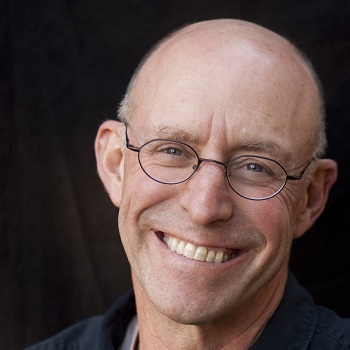
Michael Pollan is the James L and John S Knight Professor of Journalism at UC Berkeley and the author of eight books, including How To Change Your Mind, his 2018 account of the renaissance of scientific research into psychedelics. He is excited to lead the public education program of the BCSP, the first effort of a public university to help to foster a well-informed, nuanced understanding of psychedelics.
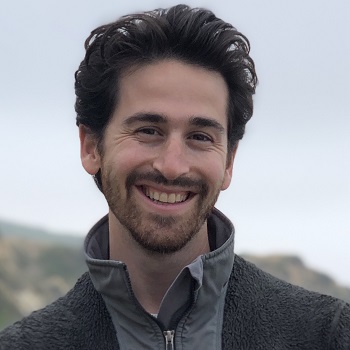
Sam Berrin Shonkoff is Assistant Professor of Jewish Studies at the Graduate Theological Union. His scholarship focuses on themes of embodiment and representations of human-divine encounter in German-Jewish thought, Hasidism, and Neo-Hasidism. He is the editor of Martin Buber: His Intellectual and Scholarly Legacy (Brill, 2018) and co-editor of Hasidism: Writings on Devotion, Community, and Life in the Modern World (Brandeis University Press, 2020). Sam’s current book project is the first major intertextual study of Buber’s Hasidic tales vis-à-vis the original sources, which includes an exploration of the role of psychedelics in creating the Neo-Hasidism movement. Shonkoff will be supporting the BCSP’s efforts to create a training program in psychedelics, religious cultures, and spiritual care.
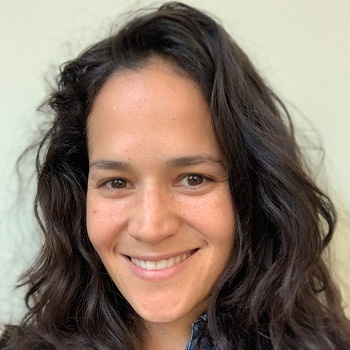
Celina De Leon M.Div, has 20 years of experience in the field of psychedelics with particular experience working with various indigenous and spiritual lineages. Her long-standing relationship with the Kamentsa indigenous community of the upper Putumayo of Colombia informs her perspective on valuing how indigenous knowledge contributes to our understanding around the spiritual and therapeutic uses of psychedelic substances. She is also a Fulbright Scholar and underwent partial chaplaincy training at UCSF through the clinical pastoral education program. Celina will be a senior guide for the experimental sessions and will create a longitudinal contemplative learning program to support participants throughout their involvement in the research studies. She is excited to create this program within a spiritual care framework while celebrating the intersection of science and spirituality and the importance of diversity and inclusion.

Brian Anderson MD, MSc is an Assistant Clinical Professor at UCSF / Zuckerberg San Francisco General Hospital where he works as a psychiatrist in Psychiatric Emergency Services. He has conducted observational and clinical research on the effects of the use of psychedelics and other drugs for over a decade. In 2018, he conducted an open-label pilot study of psilocybin-assisted group therapy for demoralization in older long-term AIDS survivor men. His research interests are focused on the development of novel treatments for psychological distress in patients with serious medical illness. He will be a clinical investigator at the BCSP and will support development of the training program with an eye to ensuring that psychedelics can be given safely and ethically in clinical settings. He is excited about the opportunity for interdisciplinary research that considers theological and religious scholarship in interpreting psychedelic experiences.
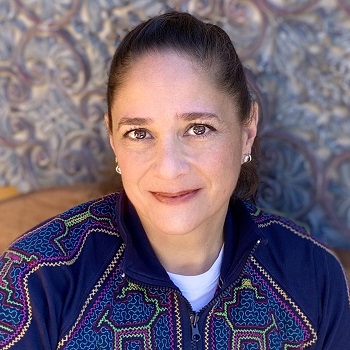
Jennifer Mitchell, PhD is the Deputy Associate Chief of Staff for Research and Development, San Francisco VA Medical Center and Associate Professor, Departments of Neurology and Psychiatry at UCSF, where she oversees a research program focused on understanding the neural mechanisms responsible for impulsivity and addiction in relation to stress, anxiety, depression, and trauma (PTSD) and on developing novel treatment strategies for these conditions. She has completed a number of human clinical trials and currently serves as Principal Investigator on a pivotal, FDA-guided multisite clinical studies assessing the effects of MDMA on PTSD. As part of the BCSP, she will be helping with regulatory and compliance oversight and with study design and implementation.
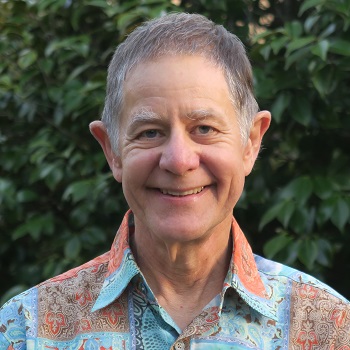
David Presti has taught neurobiology and psychology at UC Berkeley for thirty years, with the history, psychological value, and known neurobiology of psychedelics as important parts of his instructional curriculum. Throughout those years, he also worked to shift educational dialogue and public policy related to psychedelics. For more than a decade, he worked in the clinical treatment of addiction and of post-traumatic stress disorder at the VA Medical Center in San Francisco. For the last 15 years, he has been teaching neuroscience and conversing about science with Buddhist monastics in India, Bhutan, and Nepal. David sees the BCSP as poised to contribute innovative investigation related to psychedelics as probes of the nature of mind and to explore the nexus between physical science and spirituality.
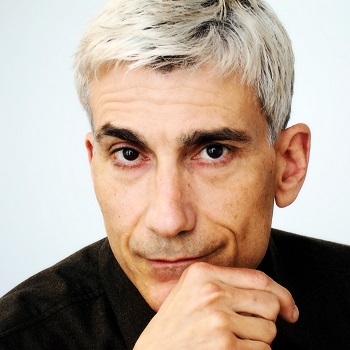
Bob Jesse has been a quiet, driving force behind the contemporary psychedelic renaissance. He was instrumental in forming the psilocybin research team at Johns Hopkins and has co-authored several of its papers. He has led the drafting of foundational documents: a Code of Ethics for Spiritual Guides (1995), an amicus brief (2005) for the U.S. Supreme Court in a successful religious liberty case, and a statement on Open Science (2017) now signed by numerous leaders in the psychedelic field. Earlier in life, Bob trained at Hopkins in electrical engineering and computer science, consulted for AT&T Bell Labs, and worked at Oracle, lastly as a VP of business development.